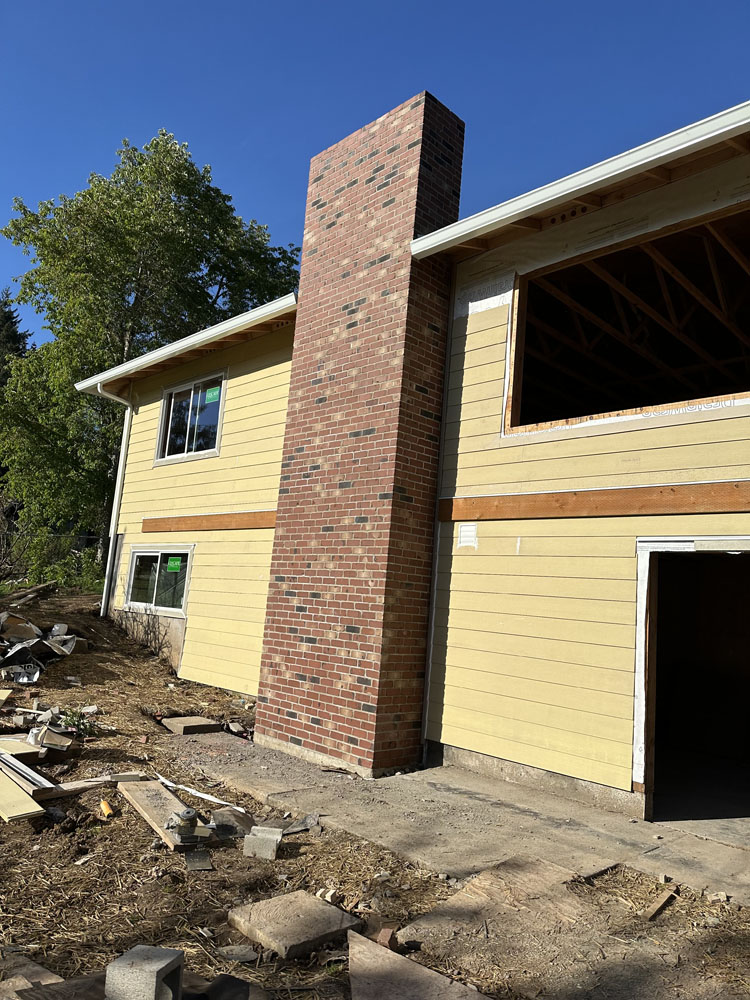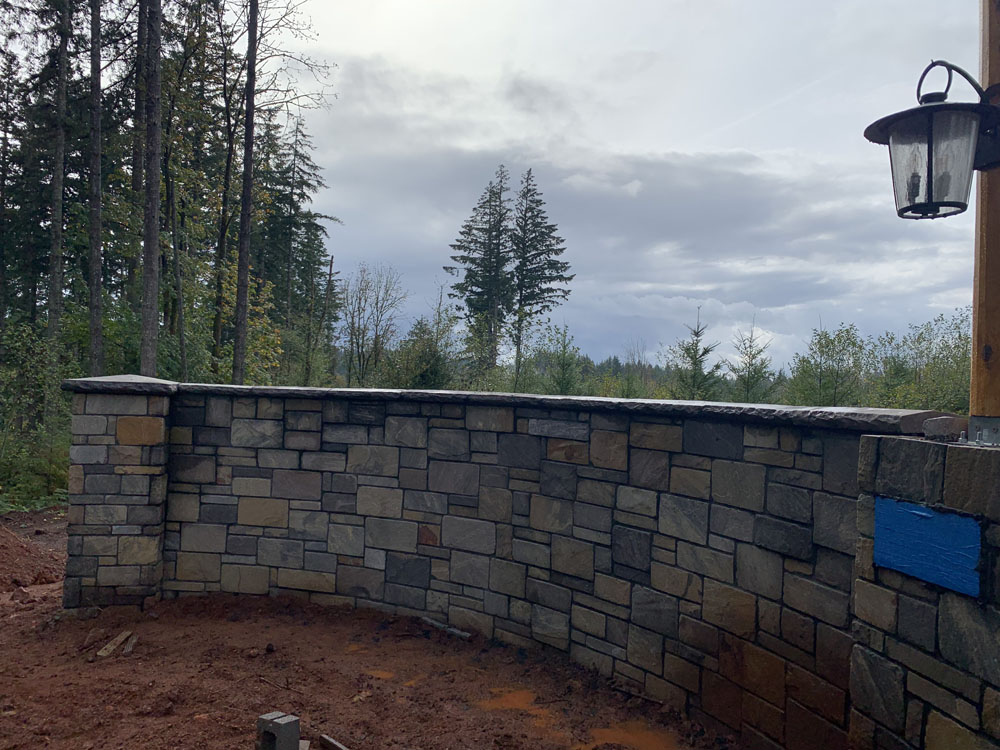Introduction
Masonry has been a keystone of architectural design and building and construction for centuries. The methods used by experienced stonework service providers have actually evolved substantially from the ancient civilizations that initially took advantage of the power of stone and block. In this article, we'll dig deep right into the world of masonry, exploring its abundant background, modern-day advancements, and understandings from seasoned professionals in the field.
What is Masonry?
Masonry describes the structure process that utilizes products such as rock, brick, or concrete blocks. It's a technique that not just stands the examination of time but additionally supplies visual allure and structural integrity. With origins tracing back hundreds of years, masonry has been essential in producing some of mankind's most renowned structures.
The Development of Stonework Techniques
From Ancient Stones to Modern Structures: Insights on Masonry Techniques from Skilled Contractors covers a variety of stonework techniques. This evolution showcases just mason work examples how innovations have actually transformed traditional techniques right into contemporary approaches.
Historical Summary of Masonry
- Ancient Civilizations: The Egyptians utilized rock blocks to develop significant frameworks like pyramids. Roman Innovations: The Romans perfected making use of concrete, enabling extra intricate designs. Medieval Masonry: Gothic sanctuaries showcased detailed stonework that emphasized elevation and light.
Each period contributed distinct methods that educated contemporary practices.
Essential Devices Used by Stonework Contractors
Understanding the devices utilized in masonry is critical for appreciating the craft. Below are some primary devices used by stonework specialists:
Trowel: Made use of for spreading out mortar and shaping bricks. Level: Ensures frameworks are even. Masonry Saw: Puncture stones and blocks with precision. Pointing Tool: For completing joints in between stones.By grasping these tools, specialists make certain high quality craftsmanship in every project.
Types of Masonry Techniques
Different sorts of masonry techniques cater to various building requirements:
- Brick Masonry: Standard yet versatile, block offers exceptional thermal properties. Stone Masonry: Involves making use of natural stones; terrific for resilience and aesthetics. Concrete Block Masonry: Cost-efficient and strong; perfect for contemporary construction.
Each technique has its advantages depending upon task requirements.
The Duty of a Masonry Contractor
A stonework contractor plays an important duty in both domestic and business projects. They not only bring competence but also make certain compliance with building codes and regulations.
Responsibilities of a Stonework Contractor
Assessing Project Requirements Sourcing Quality Materials Overseeing Construction Processes Ensuring Safety StandardsThese responsibilities highlight their essential function in effective construction projects.
The Value of Quality Materials
Using top quality products can substantially affect the longevity and appearance of a structure. Seasonal variations can impact product performance, which is why knowledgeable specialists emphasize selecting proper materials based upon ecological conditions.
Common Materials Utilized in Masonry
- Clay Bricks Natural Stone Concrete Blocks Mortar Mixes
Each product serves its objective while contributing to general architectural integrity.
Modern Technologies in Masonry
As technology developments, so do stonework strategies. Modern innovations include:
3 D Printing Technology: Improving construction processes. Eco-Friendly Materials: Sustainable options are acquiring grip among contractors. Advanced Mortars: Boost adhesion and resilience under differing climate conditions.These technologies present brand-new chances for engineers and builders alike.
Challenges Encountered by Today's Masonry Contractors
Even seasoned professionals experience obstacles:
- Weather problems can postpone projects. Material lacks may develop unexpectedly. Adapting to brand-new technologies requires constant learning.
Addressing these challenges is essential for keeping task timelines and high quality standards.

Safety Practices in Masonry Work
Ensuring safety on-site is vital for any type of masonry specialist:
Wearing Individual Safety Devices (PPE) Using scaffolding properly Proper lifting methodsImplementing these methods assists avoid mishaps and injuries throughout construction activities.
Case Researches of Historic Structures Developed with Masonry
Examining historic frameworks provides useful insights right into effective masonry methods:
The Great Wall surface of China
Constructed over centuries, this huge structure highlights ancient stonework strategies still appreciated today.
Colosseum in Rome
A wonder of Roman design, showcasing advanced concrete usage throughout its time.
By examining these instances, modern-day professionals can amass lessons relevant to current projects.
Future Patterns in Masonry
As we look ahead, numerous fads might shape the future landscape of stonework:

These fads suggest just how specialists should stay adaptable to flourish in a progressing industry landscape.
Frequently Asked Inquiries (Frequently asked questions)
1. What makes a great stonework contractor?
An excellent stonework professional possesses experience, understanding regarding materials, interest to detail, solid interaction abilities, and adherence to safety protocols-- all important qualities that make sure effective task outcomes.
2. How much time does it take to finish a stonework project?
The timeline differs commonly depending on aspects such as job size, intricacy, material accessibility, weather conditions, and manpower efficiency-- varying from weeks for tiny tasks to months for larger constructions like buildings or walls.
3. What are common concerns faced during masonry work?
Common concerns consist of moisture infiltration bring about mold development or deterioration over time; inappropriate mixing proportions triggering weak bond staminas; weather-related hold-ups; or unexpected architectural complications discovered during renovations or repair services-- each calling for mindful management by knowledgeable contractors.
4. Is it required to hire professionals for little masonry jobs?
While do it yourself fanatics might deal with small repair work or installations themselves if they have adequate skills/knowledge about appropriate tools/materials included-- it's usually suggested hiring specialists ensures quality handiwork reduces prospective errors/costly mistakes down roadway-- specifically when architectural integrity at stake!
5. Are there environmentally friendly options offered in masonry?
Yes! Several suppliers now generate sustainable products developed particularly lower ecological impact-- such as recycled content bricks/concrete blends-- allowing clients construct sensibly without sacrificing style/functionality!
6. What maintenance does stonework require over time?
Routine assessments must be carried out identify visible cracks/joint separation making sure seals intact preventing water damage-- periodic cleaning will certainly likewise keep surface areas looking fresh/appealing while shielding underlying framework integrity!
Conclusion
In verdict, exploring the journey "From Old Stones to Modern Structures: Insights on Masonry Techniques from Seasoned Contractors" exposes not simply history yet additionally development within this old craft-- a testimony durability versatility presented throughout centuries! With each passing decade generates brand-new challenges & & opportunities shaping future landscape industry, yet core concepts craftsmanship remain unmodified leading hands experienced masons today in the direction of developing sensational long-lasting jobs design inspiring generations yet come!